It’s obvious that reacting fast makes a big difference in any esport. In first person shooters like Counter-Strike: Global Offensive, clicking your mouse as fast as possible is the difference between securing a kill and getting wasted, winning a round or losing. For a game like League of Legends, the value isn’t as obvious but it’s still clear. Landing that skill shot a split second faster than your foe is the difference between victory and defeat.
But just how much does reaction time really matter? And at what age does it start dropping off? It’s one of the oldest debates in esports. Players often retire in their early twenties after just a few years in the game—are their reactions falling off with age?
One enterprising League of Legends player set out to find out. Reddit user “PumpkinFeet” put together the website loltimeplayed.com (down right now struggling to handle traffic from r/leagueoflegends), which allows a player to enter their summoner name and age and take a reaction time test, showing if higher ranked players really do react faster on average.
The results? Challenger tier players in fact do react faster than their less talented brethren. And age doesn’t matter as much as everyone seems to think.

Challenger players on average were about 40 milliseconds faster than Bronze tier players, with the other tiers scattered in between as you’d expect.
Age seemed to matter in that younger players—those in the 14 to 18 year old range—had slightly better times than their elders. But once entrants reached about 20 years old, their reaction time remained steady until their mid 30s. Considering many players don’t break onto the pro scene until they reach about 18 years of age, it seems that many players should have long careers ahead of them.
Reddit users were quick to point out some problems with the methodology—the test was hardly scientific. For one, different browsers affect the results. The most recent version of Internet Explorer, for example, runs the Javascript code about 20-40 milliseconds faster than Chrome browsers. But unless you think Challenger tier players, or 15 year olds, are more likely to use Internet Explorer, it should not have had any real effect on the results.
The simple website may not be the end all and be all of performance testing, but it’s a quick and dirty way to confirm one popular assertion and dispel another.
Image via Riot Games



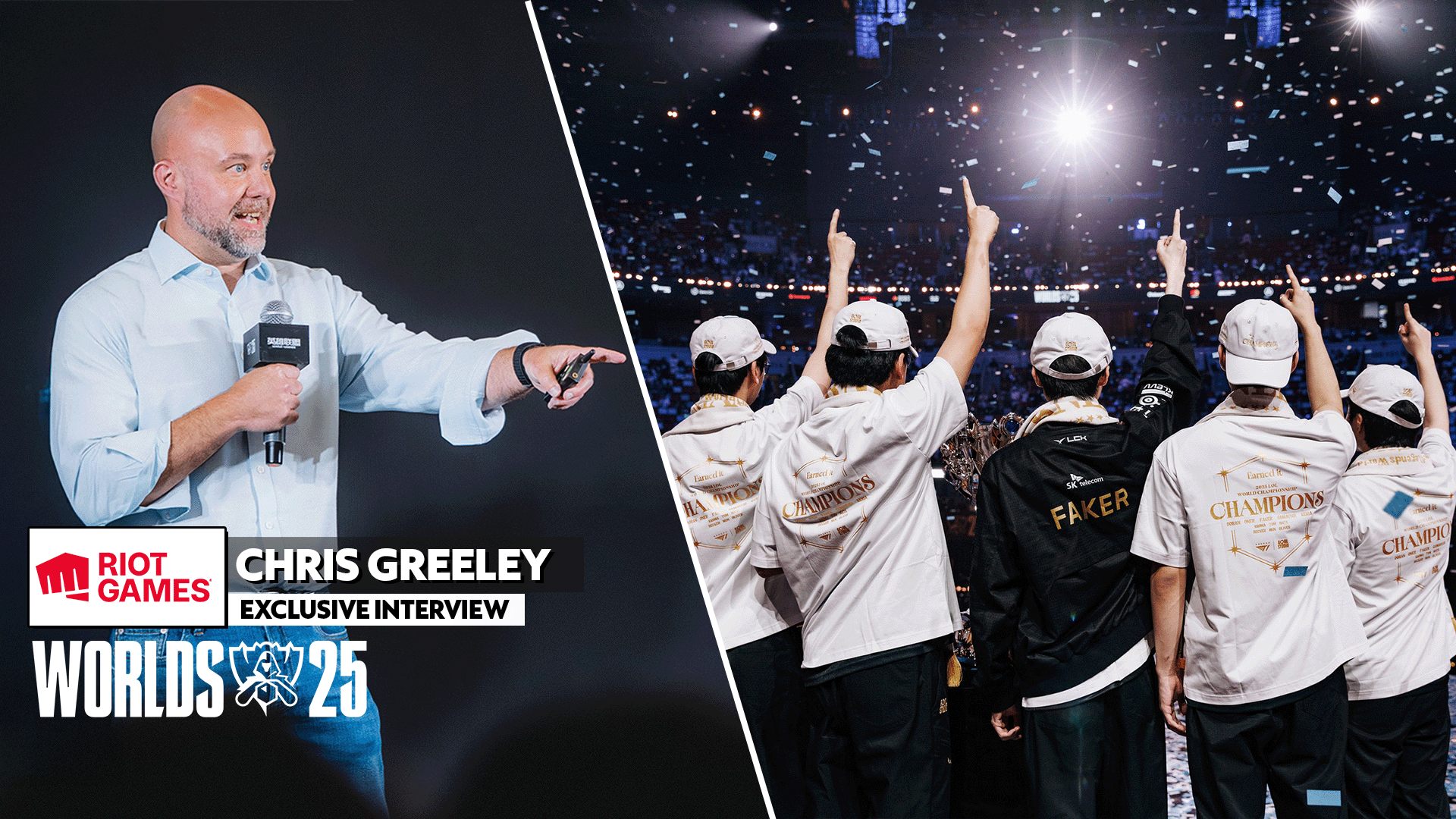
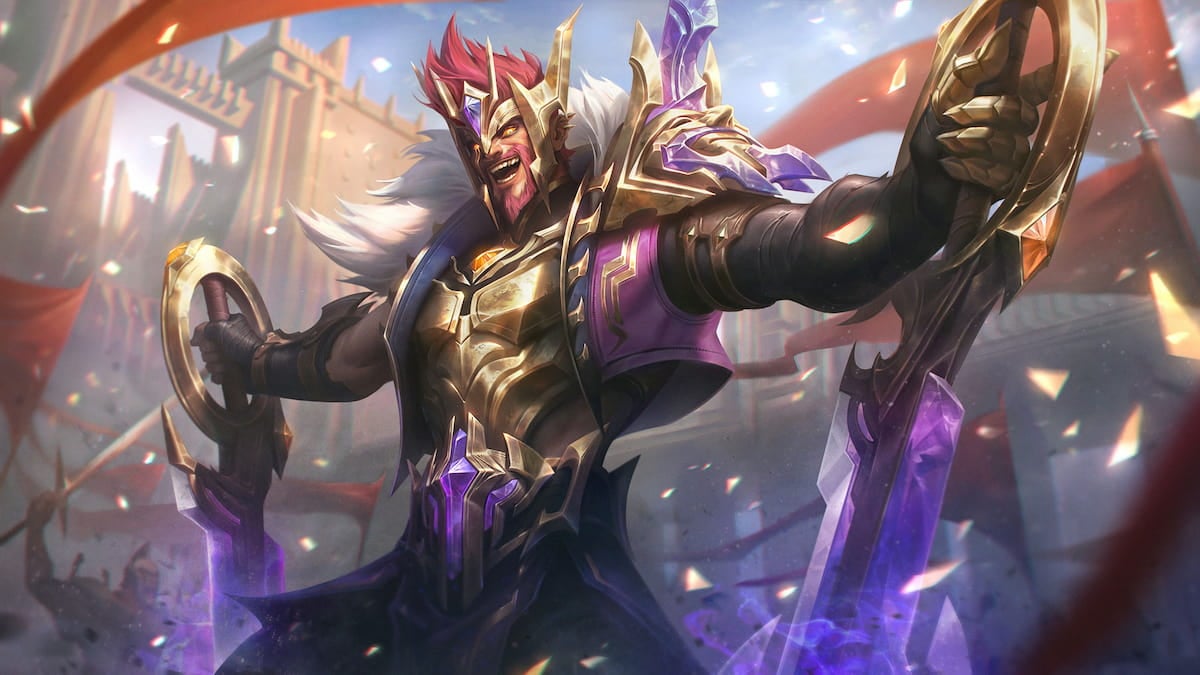
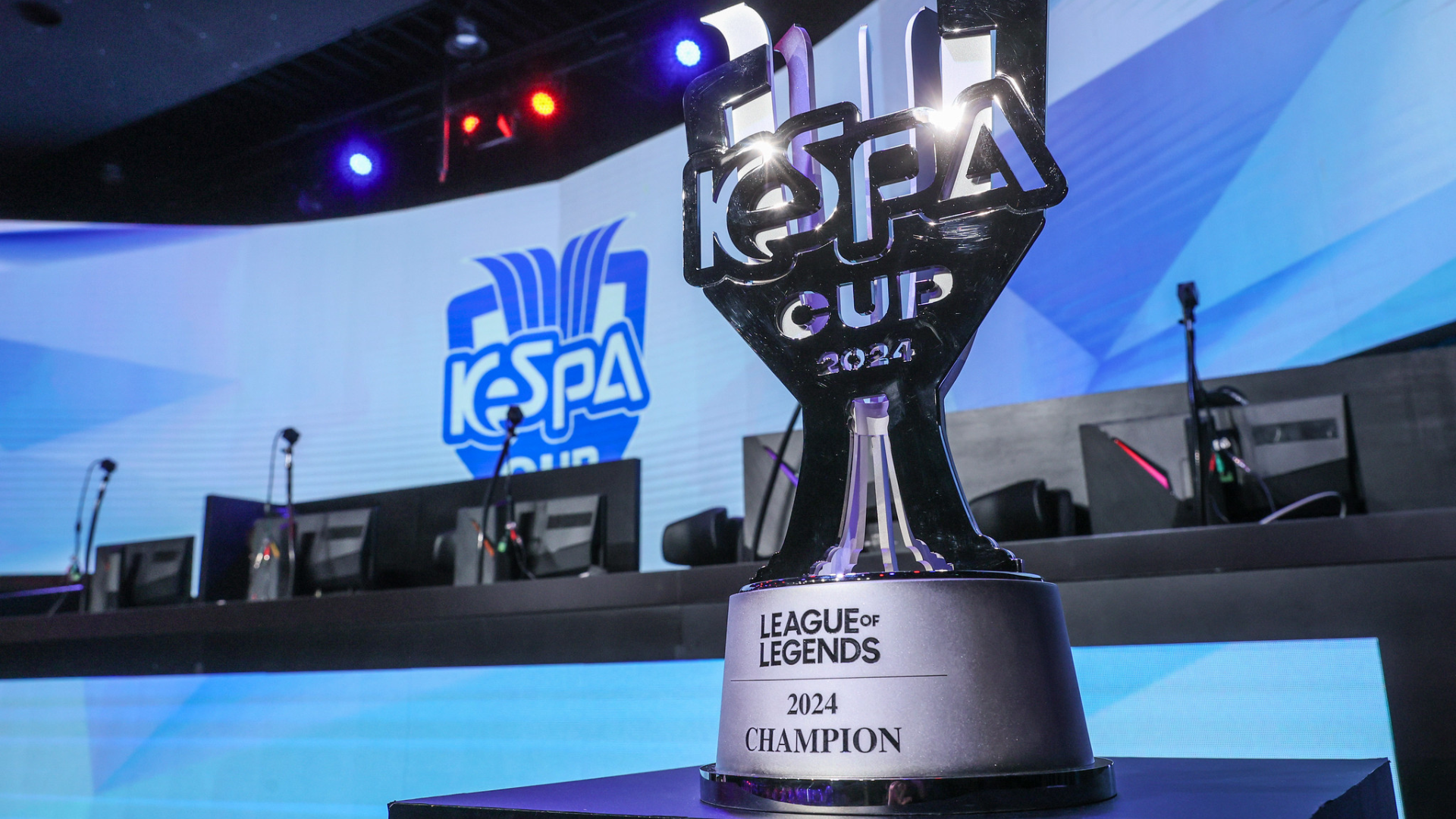
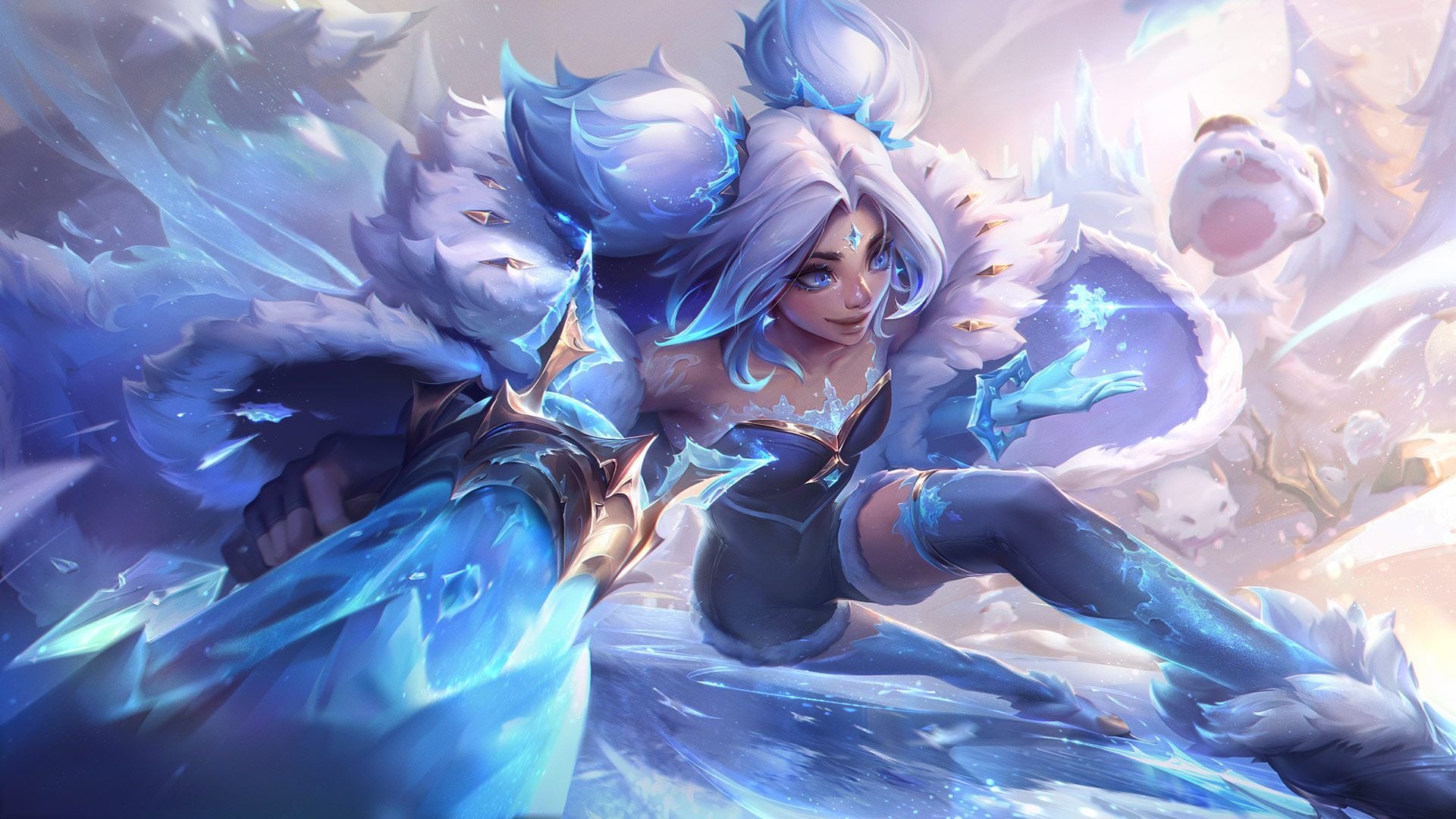

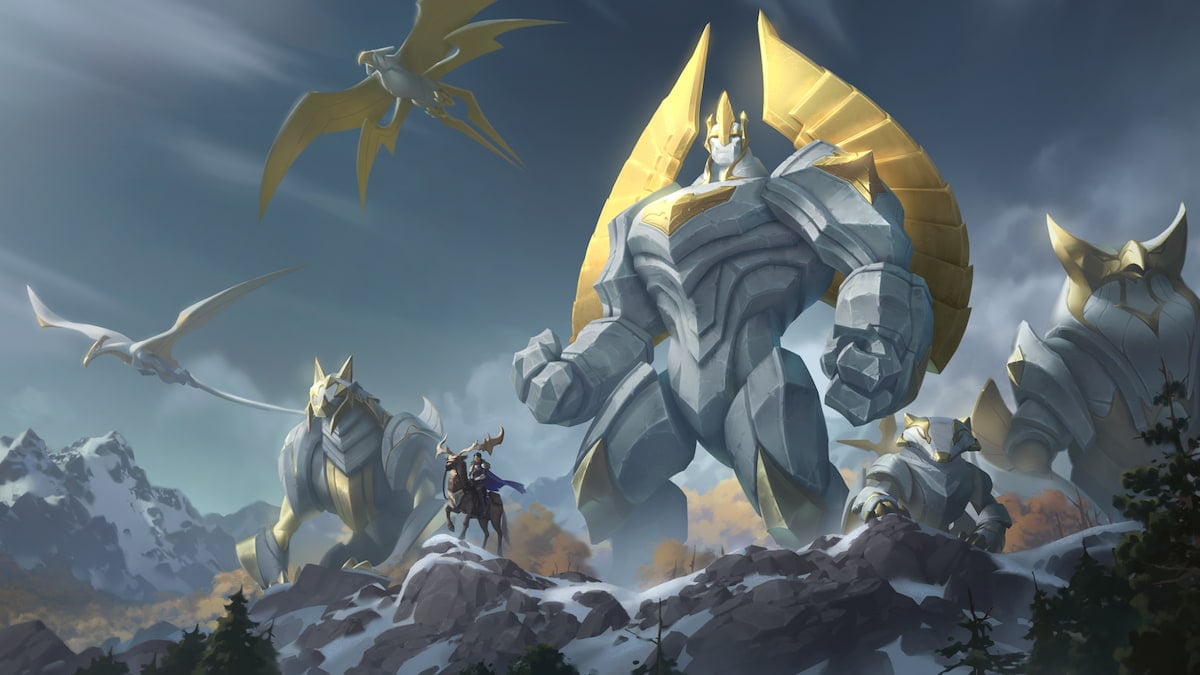
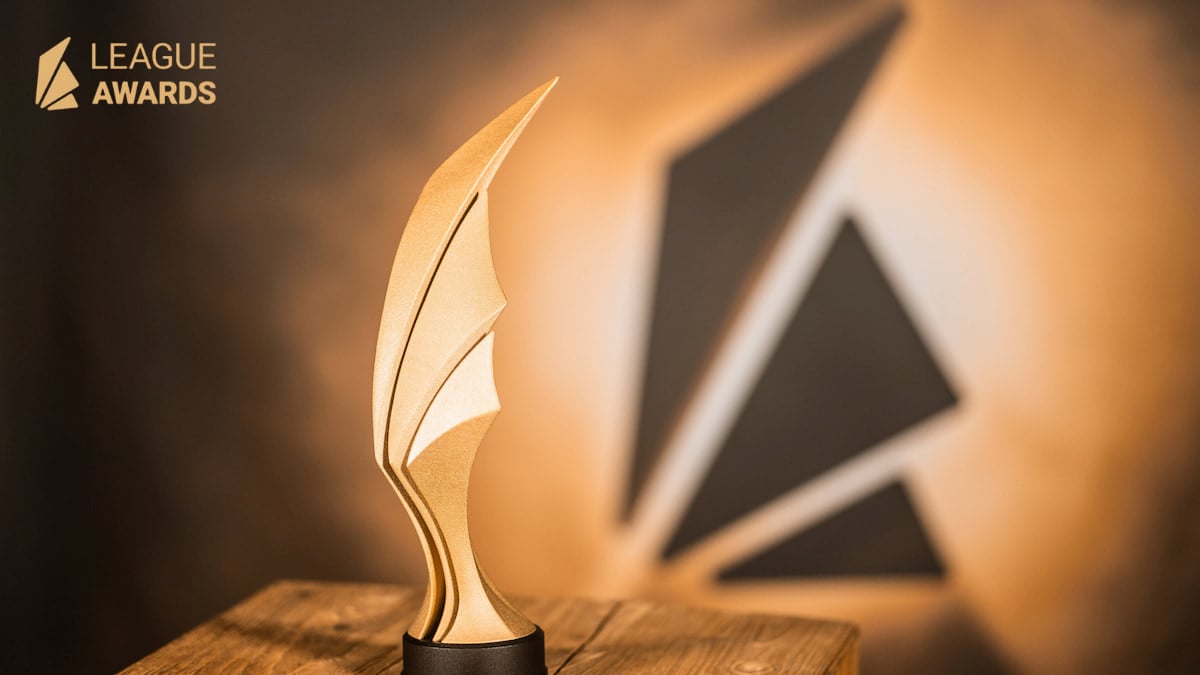

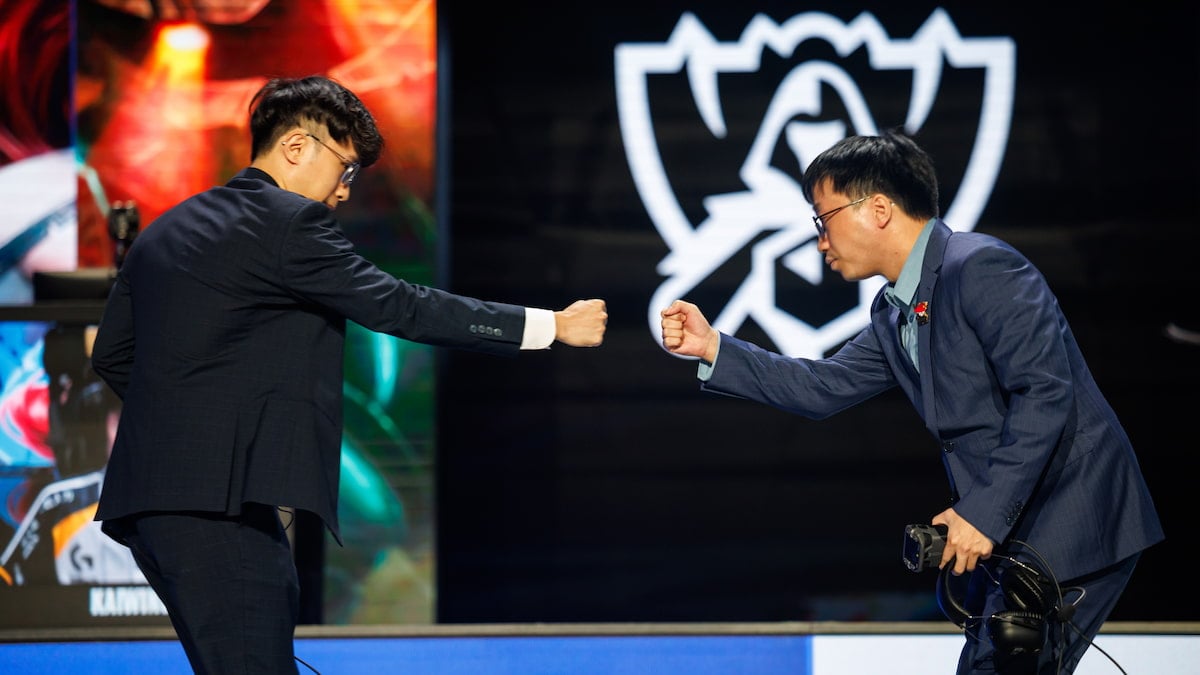
Published: Oct 28, 2014 12:23 pm